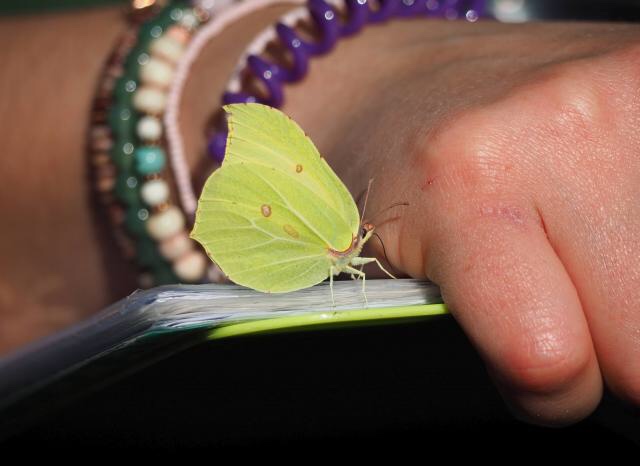HUMANKIND has just nine years to save the world from plastic waste before irreparable damage is done to the planet and human health, campaigners have told a global meeting of scientists.
A leading Dutch campaigner today called plastic waste “the new asbestos”.
Plastic Soup Foundation Director Maria Westerbos said that by 2030 the harm caused by plastic pollution to human health and the planet would be irreversible.
And she called on the World Health Organization to declare plastic waste a public health emergency.
The comments were made today at the Plastic Health Summit in Amsterdam.
The Summit has been organised by environmental NGO Plastic Soup Foundation, initiator of the Plastic Health Coalition.
The Summit sees research and testimonials presented by international experts from Indonesia, Malawi, Greenland, The Netherlands, UK, and the US.
Scientists, campaigners, activists and legal experts will share how plastic, in its entire lifecycle from the production-, to the user- to the disposal phase, poses a threat to the environment and people around the globe.
Maria Westerbos, Plastic Soup Foundation Director, said: “Plastic waste is the new asbestos. The World Health Organisation should declare it a public health emergency.
“We only have 9 years left to solve the plastic pollution crisis.
“Through fragmentation, plastics and their additives enter the veins of the global ecosystems. This has tremendous health repercussions for humans, animals, plants, and the environment.
“This should be the primary driver to reduce plastic consumption and production.”
Professor Dick Vethaak said: “Plastics pose interconnected risks to environmental, human, and animal health.
“There is growing evidence that microplastics can affect the health of animals, plants, and ecosystems.
“To protect the health of people, we need to also protect the health of other living organisms and their habitats.”
Common Seas CEO Jo Royle said: “The more we learn about the plastic in our bodies, the more it looks like an emerging threat to human health.
“We urgently need to fund further research to understand the risk of plastic in our bodies and how to mitigate it.
“And we need government and business to step up to help us all reduce our exposure – today and in the future.”




